It’s not news that the Supreme Council of the Scottish Rite Northern Masonic Jurisdiction changes the corpus of its degrees very frequently, either by altering rituals or outright replacing them, but one of the newest innovations is especially painful. The Grand Pontiff Degree was one of those “Higher Grades” that connects the AASR to its roots in the French Rite of Perfection of the 18th century. It was the 19° then, and it was the 19° throughout the nearly two centuries of AASR-NMJ history, but as of August 31 it is gone.
The reasons for such shocking changes now are a familiar refrain: The traditional degrees are “dead, dull, overloaded with symbolism,” (see page 3 of the August 2010 issue of The Northern Light magazine) and too difficult to confer because too many ritualists are required. I don’t believe any of that could be said about Grand Pontiff. And no, this degree has nothing to do with the Holy Father of the Roman Catholic Church. “Pontiff” derives from the Latin for “bridge builder.” In the degree’s context, it means the life of the 19° Mason is but a connection between what was built before him, and what will arise after he is gone. The concept is not foreign or hard to understand; nor is it accidental that this ritual is the first of the Consistorial degrees, as it bridges the right thinking of the Rose Croix Chapter to the right actions exemplified in the Consistory. (I put that in the present tense because Grand Pontiff still lives among the degrees of the Mother Supreme Council and other jurisdictions. Thank God.)
The purportedly inscrutable Albert Pike, writing in his allegedly incomprehensible Morals and Dogma, his anthology of lectures for Scottish Rite degrees 1-32, perfectly lucidly explains:
“The true Mason labors for the benefit of those who are to come after him, and for the advancement and improvement of [the human] race. [It] is a poor ambition which contents itself within the limits of a single life. All men who deserve to live, desire to survive their funerals, and to live afterward in the good that they have done mankind, rather than in the fading characters written in men’s memories. Most men desire to leave some work behind them that may outlast their own day and brief generation. That is an instinctive impulse, given by God, and often found in the rudest human heart; [it is] the surest proof of the soul’s immortality, and of the fundamental difference between man and the wisest brutes. To plant the trees that, after we are dead, shall shelter our children, is as natural as to love the shade of those our fathers planted. The rudest unlettered husbandman, painfully conscious of his own inferiority; the poorest widowed mother, giving her lifeblood to those who pay only for the work of her needle, will toil and stint themselves to educate their child, that he may take a higher station in the world than they – the world’s greatest benefactors.”
Later in the lecture:
“It is the ambition of a true and genuine Mason [to know] the slow processes by which the Deity brings about great results; he does not expect to reap as well as sow in a single lifetime. It is the inflexible fate and noblest destiny, with rare exceptions, of the great and good, to work and let others reap the harvest of their labors....
“To sow, that others may reap; to work and plant for those who are to occupy the earth when we are dead; to project our influences far into the future, and live beyond our time; to rule as the Kings of Thought, over men who are yet unborn; to bless with the glorious gifts of Truth and Light and Liberty those who will neither know the name of the giver, nor care in what grave his unregarded ashes repose, is the true office of a Mason and the proudest destiny of a man.
“All the great and beneficent operations of Nature are produced by slow and often imperceptible degrees. The work of destruction and devastation only is violent and rapid. The volcano and earthquake; the tornado and the avalanche leap suddenly into full life and fearful energy, and smite with an unexpected blow....”
It’s a digression, but perhaps something additional was at work here, even if ulteriorly. This same lecture in Morals and Dogma also contains the quotation most often jerked out of context by religious demagogues accusing Freemasonry of {cough} devil worship: “Lucifer the Light-bearer! ... Lucifer, the Son of the Morning!” Left in its stated context, this is part of a short paragraph that explains how those who receive the Grand Pontiff Degree despise “all the pomps and works of Lucifer,” and warns that this most ironically named spirit (“Lucifer,” again from Latin, means simply “bearer of light.”) wields the power to blind “feeble, sensual, [and] selfish souls.”
So what has replaced this ritual? The new degree is called Brothers of the Trail, and it takes place on the Oregon Trail during the 1840s. It imparts a lesson in integrity.
Three other rituals were eliminated this year: Intendant of the Building (8°), Master Elect (10°), and Knight of the Sun (28°). In addition, Grand Inspector (30°) is subject to review, as the NMJ strives to reinvent itself on behalf of 21st century man. I was told privately that these changes are necessary because modern man does not learn in the same ways as our grandfathers, to which I immediately replied “But we coexist in the same country as the Southern Jurisdiction.” It cannot be said that the SJ makes no changes to its rituals – it certainly has – but it opts to retain its heritage and culture in the form of its traditional teachings.
Speaking of Knight of the Sun, which was the 23° of the Rite of Perfection, Pike writes: “Doubt, the essential preliminary of all improvement and discovery, must accompany all the stages of man’s onward progress.”








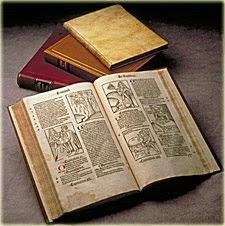


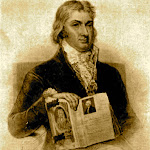
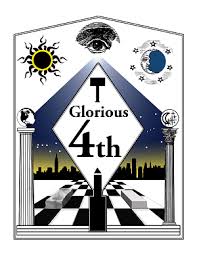



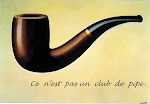

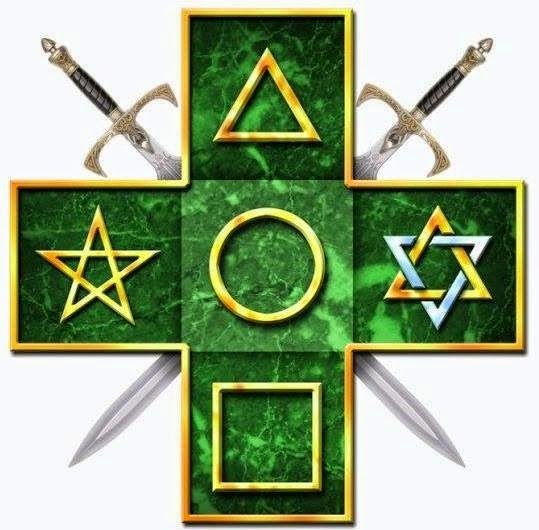














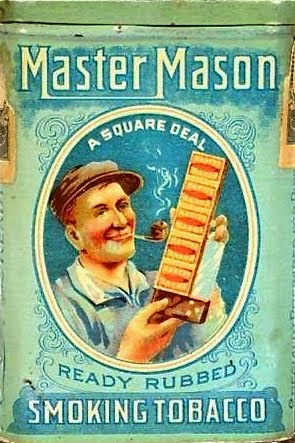













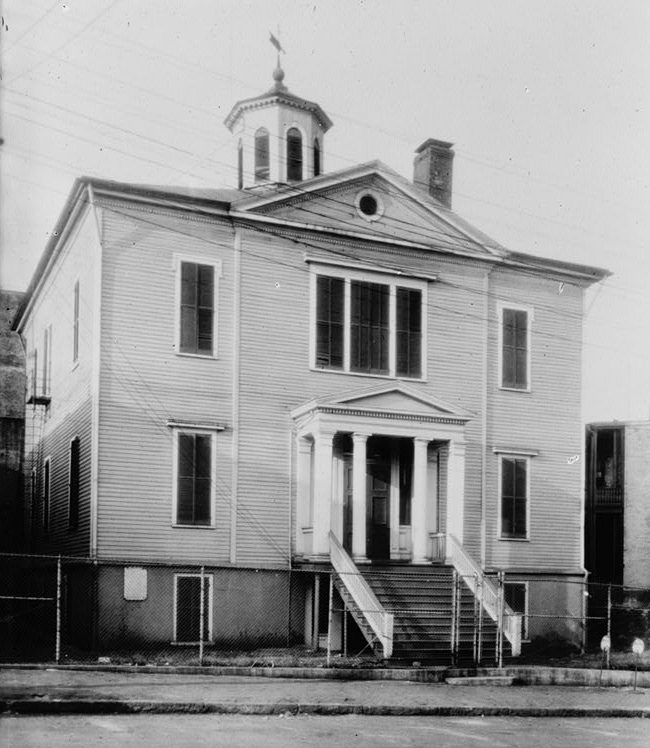
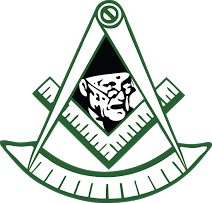
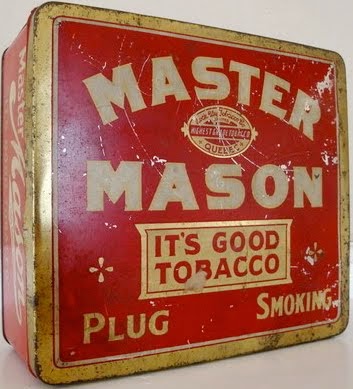





2 comments:
If a Grand Lodge did away with the legend of the third degree, every other GL would cease to recognize them.
How long til the other SC's of the world say that the NMJ is no longer practicing the Scottish Rite, or, the Ancient and Accepted Rite?
Not soon enough, I think.
I have written about the "dumming down" of the NMJ's degrees before. I really don't know what these guys are thinking.
The plays that they are replacing things with are badly written and leave me clueless as to what the point of them is.
One of my favorites continues to be the 14th Degree which seems to be one of the more Masonic of the degrees in the AASR NMJ. I hope they leave that one alone.
Have I jeopardized my impending 33rd now?
Post a Comment